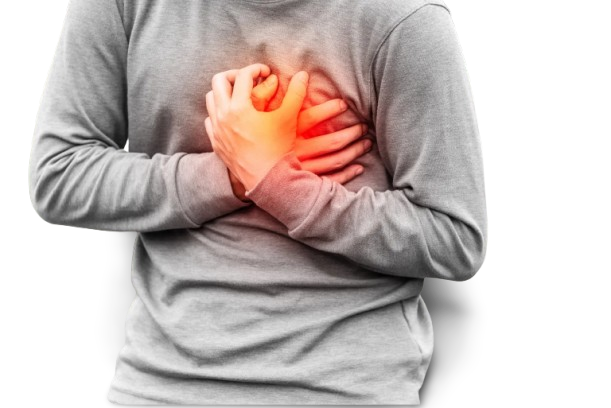How Forex trading affects health? Home
Forex, The foreign exchange market is the "place" where currencies are traded. Currencies are important to most people around the world, Basically, the Forex market is where banks, businesses, governments, investors and traders come to exchange and speculate on currencies. The Forex market is also referred to as the ‘Fx market’, ‘Currency market’, ‘Foreign exchange currency market’ or ‘Foreign currency market, The need to exchange currencies is the primary reason why the forex market is the largest, most liquid financial market in the world
How Forex trading affects health?
Forex causes to stress, Everyone who has ever held a job has, at some point, felt the pressure of work-related stress. Any job can have stressful elements, even if you love what you do. In the short-term, you may experience pressure to meet a deadline or to fulfill a challenging obligation. But when work stress becomes chronic, it can be overwhelming - and harmful to both physical and emotional health.
While some workplace stress is normal, excessive stress can interfere with your productivity and performance—and impact your physical and emotional health. It can even mean the difference between success and failure on the job. You can’t control everything in your work environment, but that doesn’t mean you’re powerless—even when you’re stuck in a difficult situation. Whatever your work demands or ambitions, there are steps you can take to protect yourself from the damaging effects of stress and improve your job satisfaction.
Some common workplace stressors are:
- Low salaries.
- Excessive workloads.
- Few opportunities for growth or advancement.
- Work that isn't engaging or challenging.
- Lack of social support.
- Not having enough control over job-related decisions.
- Conflicting demands or unclear performance expectations.
Studies suggest that the inability to adapt to stress is associated with the onset of depression or anxiety.
See Table 1
|
|
Top Causes of Stress in the U.S. 2014
|
|
|
|
Cause
|
Factors
|
|
1
|
Job Pressure
|
Co-Worker Tension,
Bosses, Work Overload
|
|
2
|
Money
|
Loss of Job, Reduced
Retirement, Medical Expenses
|
|
3
|
Health
|
Health Crisis,
Terminal or Chronic Illness
|
|
4
|
Relationships
|
Divorce, Death of
Spouse, Arguments with Friends, Loneliness
|
|
5
|
Poor Nutrition
|
Inadequate
Nutrition, Caffeine, Processed Foods, Refined Sugars
|
|
6
|
Media Overload
|
Television, Radio,
Internet, E-Mail, Social Networking
|
|
7
|
Sleep Deprivation
|
Inability to release
adrenaline and other stress hormones
|
Some of the most significant health problems related to stress:
1. Heart disease: Researchers have long suspected that the stressed-out, type A personality has a higher risk of high blood pressure and heart problems. We don't know why, exactly. Stress can directly increase heart rate and blood flow, and causes the release of cholesterol and triglycerides into the blood stream
2. Asthma. Many studies have shown that stress can worsen asthma. Some evidence suggests that a parent's chronic stress might even increase the risk of developing asthma in their children.
3. Obesity.
4. Diabetes
5. Headaches
6. Depression
7. Gastrointestinal problems
8. Alzheimer's disease
9. Premature death: A study looked at the health effects of stress by studying elderly caregivers looking after their spouses -- people who are naturally under a great deal of stress. It found that caregivers had a 63% higher rate of death than people their age who were not caregivers.
References:
- https://www.stress.org/daily-life/
- https://www.helpguide.org/articles/stress/stress-at-work.htm
- http://www.apa.org/helpcenter/work-stress.aspx
- http://www.nytimes.com/health/guides/symptoms/stress-and-anxiety/possible-complications.html
- http://www.webmd.com/balance/stress-management/features/10-fixable-stress-related-health-problems#1

































